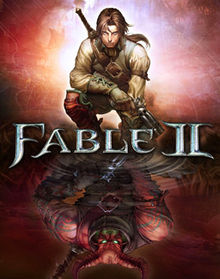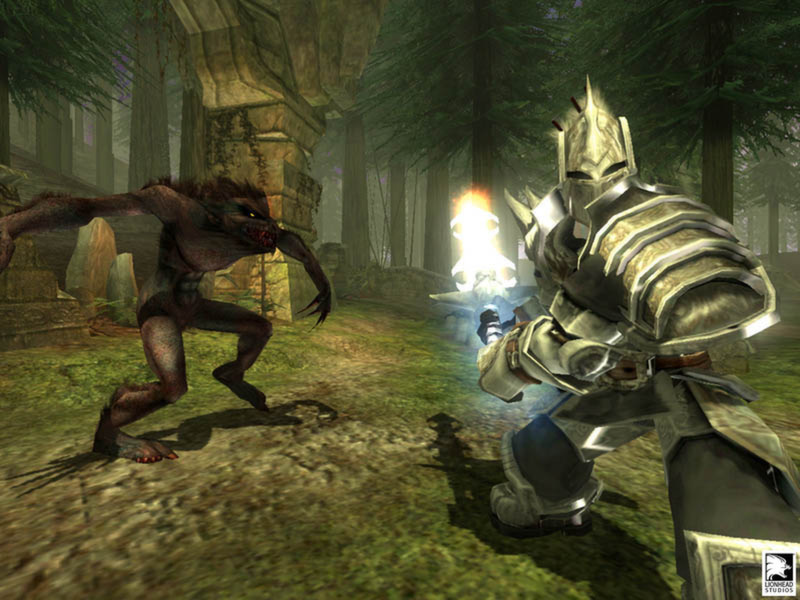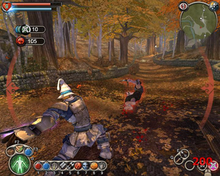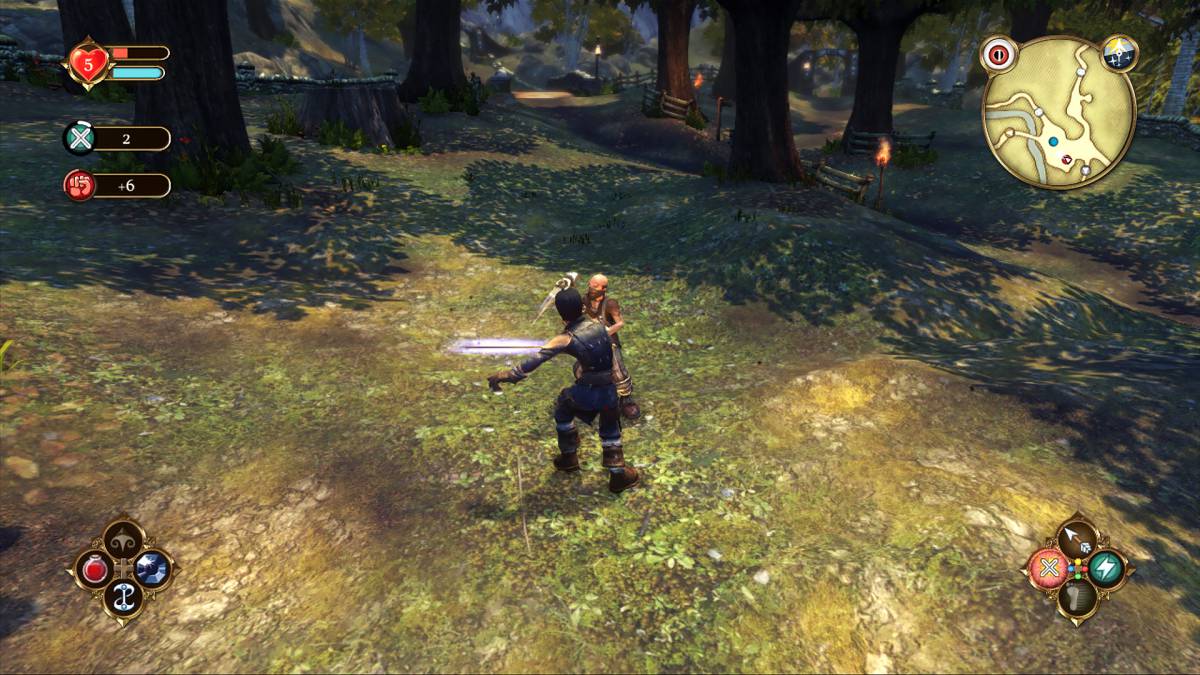
noun
- a short tale to teach a moral lesson, often with animals or inanimate objects as characters; apologue: the fable of the tortoise and the hare; Aesop’s fables.
- a story not founded on fact: This biography is largely a self-laudatory fable.
- a story about supernatural or extraordinary persons or incidents; legend: the fables of gods and heroes.
- legends or myths collectively: the heroes of Greek fable.
- an untruth; falsehood: This boast of a cure is a medical fable.
- the plot of an epic, a dramatic poem, or a play.
- idle talk: old wives’ fables.
verb (used without object), fa·bled, fa·bling.
- to tell or write fables.
- to speak falsely; lie: to fable about one’s past.
verb (used with object), fa·bled, fa·bling.
- to describe as if actually so; talk about as if true: She is fabled to be the natural daughter of a king.
noun
- a short moral story, esp one with animals as characters
- a false, fictitious, or improbable account; fiction or lie
- a story or legend about supernatural or mythical characters or events
- legends or myths collectivelyRelated adjective: fabulous
- archaic the plot of a play or of an epic or dramatic poem
verb
- to relate or tell (fables)
- (intr) to speak untruthfully; tell lies
- (tr) to talk about or describe in the manner of a fableghosts are fabled to appear at midnight
c.1300, “falsehood, lie, pretense,” from Old French fable (12c.) “story, fable, tale; fiction, lie, falsehood,” from Latin fabula “story, play, fable, narrative, account, tale,” literally “that which is told,” related to fari “speak, tell,” from PIE root *bha- (2) “speak” (see fame (n.)). Sense of “animal story” (early 14c.) comes from Aesop. In modern folklore terms, defined as “a short, comic tale making a moral point about human nature, usually through animal characters behaving in human ways.” Most trace to Greece or India.
 Liberal Dictionary English Dictionary
Liberal Dictionary English Dictionary




